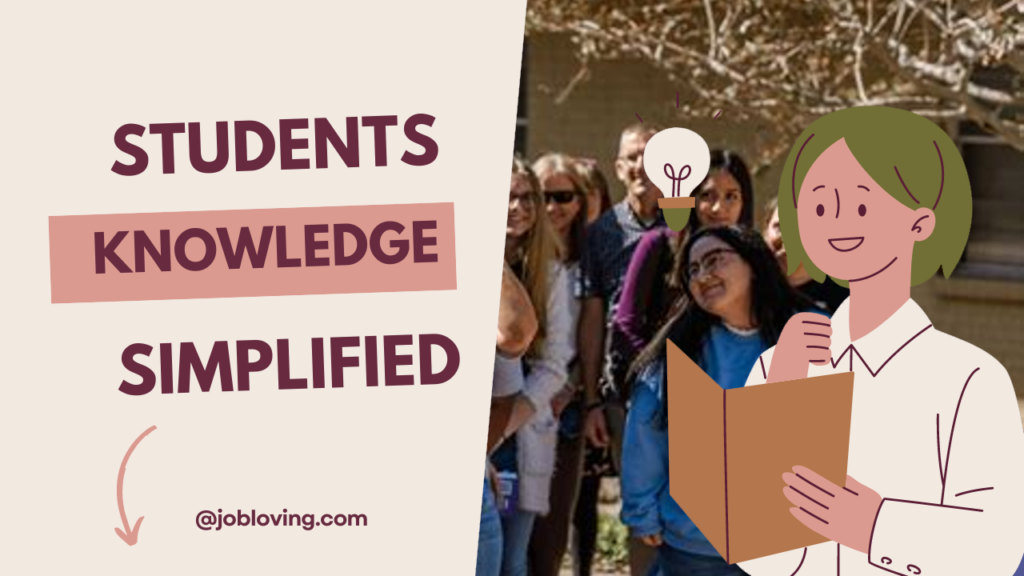How Many Students Does SAGU Have? A Comprehensive Look at Southwestern Assemblies of God University
Located just a stone’s throw south of Dallas, Southwestern Assemblies of God University (SAGU), a small yet vibrant private university nestled in Waxahachie, Texas, has undergone a remarkable transformation throughout its history. With a total undergraduate enrollment of approximately 1,519 students, SAGU might be considered small compared to the sprawling campuses of larger institutions. However, it offers a unique and enriching environment designed to cultivate Spirit-empowered leaders. So, how did SAGU grow from its modest beginnings to the vibrant place it is today? Let’s unpack the tale of its evolution along with some fascinating details about its student body and academic offerings.
A Brief History of SAGU: From Humble Beginnings to a Thriving University
SAGU’s roots stretch back to 1943 when it was founded, and since then, it has grown significantly. Initially known as the Southwestern Bible Institute, it served as a Bible college dedicated to training ministers and church leaders. Over the years—and through various name changes—SAGU has forged its path as a reputable university at the forefront of higher education, notably with the introduction of its School of Distance Education in 1984. This initiative allowed students from various backgrounds to access higher education, contributing to a steady increase in enrollment.
- In 1991, SAGU had a mere 596 students, but by 1997, the enrollment surged to 1,492, showing a healthy upward trajectory.
- The university’s mission has transformed but retains its commitment to equipping Spirit-empowered leaders through innovative academic programs.
Adapting to Change: The Growth of Programs and Degrees
The evolution of SAGU is evident in its offerings. Today, it boasts a diverse array of academic programs that includes associates, bachelor’s, master’s, and even doctoral degrees. The achievement of Level V accreditation in 2015 was particularly noteworthy, as it allowed SAGU to officially offer doctoral programs. This dramatic expansion of educational offerings was a response to rising demands from students and a desire to maintain relevance in an ever-evolving educational landscape.
| Year | Milestone |
|---|---|
| 1943 | Establishment of the Southwestern Bible Institute |
| 1984 | Introduction of the School of Distance Education |
| 1980s | Regional accreditation for junior college curriculum |
| 2015 | Achieved Level V accreditation for doctoral programs |
| 2019 | First doctorate awarded |
Understanding Current Enrollment Figures
As of the latest data, SAGU’s total undergraduate enrollment stands at 1,519 students. This figure represents an eclectic mix of backgrounds and aspirations, promoting a rich tapestry of life and learning on campus. The university takes pride in its selective admissions process with an acceptance rate of 85%. While this rate indicates a welcoming atmosphere, it also signifies a commitment to maintaining a community that aligns with the institution’s values and goals.
SAGU’s current enrollment is not merely a number; it is an embodiment of the university’s mission statement that emphasizes individualized education and holistic development—fostering students who are prepared to lead in various areas, including ministry, education, business, and the arts.
Enriching the Student Experience: Facilities and Campus Life
The university is situated on a sprawling 70-acre campus that has undergone extensive renovations and expansions to accommodate its growing and diverse student population. This commitment to improving facilities means that students enjoy modern classrooms, advanced laboratories, and engaging spaces for collaboration. The emphasis on hands-on training opportunities ensures that students receive a practical education that prepares them for the real-world challenges they will face after graduation.
Furthermore, SAGU’s vibrant campus life also entails a variety of extracurricular activities, ranging from cultural events to community service opportunities. The tightly-knit student community fosters lasting friendships, mentorships, and networks that students carry well into their future endeavors.
The Impact of Accreditation on Student Benefits
The accreditation by the Southern Association of Colleges and Schools Commission on Colleges (SACSCOC) signifies that SAGU meets rigorous standards for educational quality and institutional effectiveness. This accreditation breathes credibility into degrees earned at SAGU, making graduates highly sought after in the job market. With enrollment growth and ongoing program development, students can feel confident knowing that they are part of a respected institution.
Legacies and Aspirations: The Future of SAGU
At the heart of SAGU’s mission beats a profound legacy shaped by the merger of three Bible colleges in the 1970s. This conglomeration laid the foundation for a lasting commitment to the Pentecostal tradition and prepared students for a life of service and leadership. With a vision aimed at providing affordable education and addressing the needs of modern learners, SAGU continues to cultivate an environment where personal growth and spiritual development go hand in hand.
The university’s anticipated transition to Nelson University—a name change that honors founder P.C. Nelson—is set to further reinforce its identity and values while expanding its reach to even more students.
Conclusion: A Community of Growth and Leadership
SAGU has come a long way since its establishment in 1943—growing in both size and significance. With 1,519 students engaging in a diverse range of programs and a teaching philosophy that champions both academic and spiritual growth, it embodies a unique space where leaders are born. Whether through on-campus events, innovative academic offerings, or a commitment to prayer and spiritual alignment, SAPU represents a beacon of hope for students across the country.
As the university continues to adapt to changing needs and expand its curriculum, the future looks bright for SAGU—proving that sometimes, the most valuable experiences are found in smaller settings where the focus remains on community, faith, and leadership.

